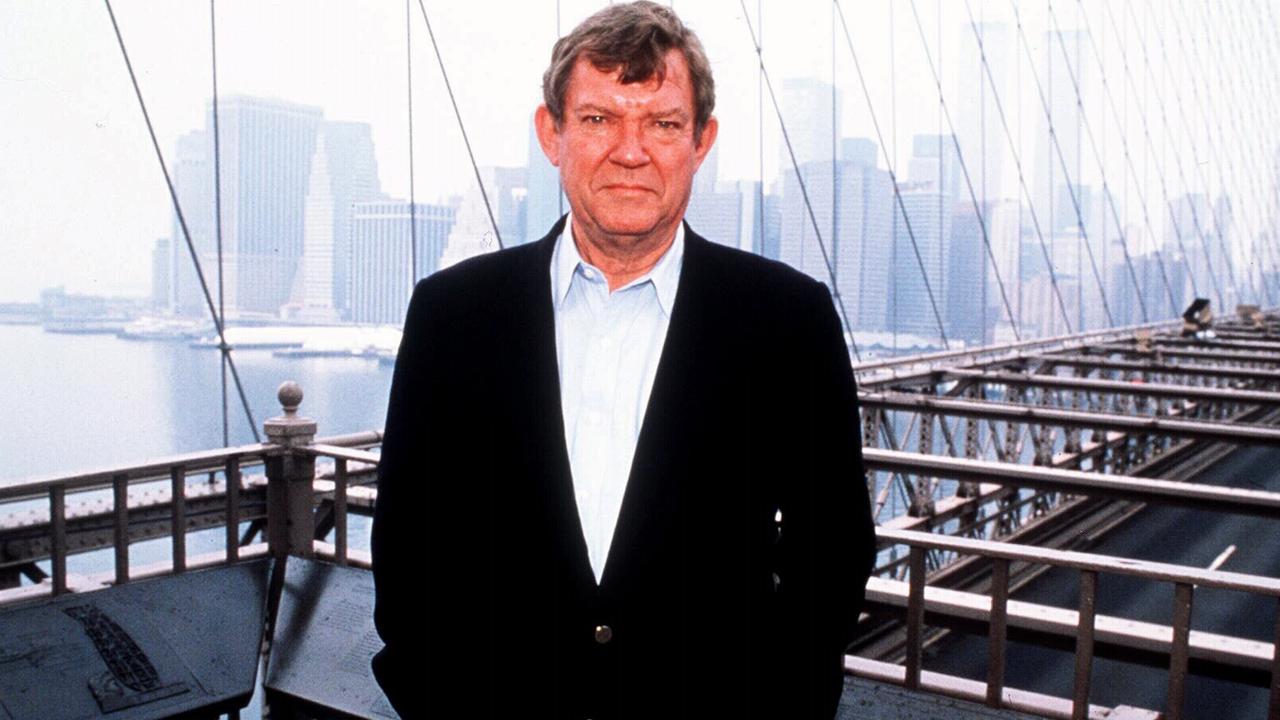Sector hails removal of self-education cap
THE reversal of the $2000 cap on self-education expenses has been widely hailed as a vote for common sense.
THE reversal of the $2000 cap on self-education expenses to help pay for the Gonski school reforms has been widely hailed as a vote for common sense.
Universities Australia chief executive Belinda Robinson, who led a unified attack by more than 80 professional bodies on the Gillard government measure, said Joe Hockey's move was timely for the174,000 people each year who claimed more than $2000 in self-education expenses.
"It is important this decision has come so quickly," Ms Robinson said. "It was getting a little late for people who were making critical decision about what they were going to study next year."
The $2000 cap, announced by Wayne Swan last April, was slammed at the time as being ill-conceived and counterproductive.
"The previous government's estimate of $500 million in savings did not model the cost of reduced enrolments," Ms Robinson said.
"But the savings would have been significantly less than that because of the impact on enrolments in universities and colleges."
Australian Catholic University vice-chancellor Greg Craven described Mr Swan's proposed cap as "the streaker's cap". "It seemed like a good idea at the time but no one really thought about the consequences," Professor Craven said.
While the impact of the Treasurer's reversal would benefit education providers, the professions and business, he questioned how it would be paid for.
"The decision takes money from the budget bottom line, but it is essential it doesn't come out of the higher education budget," he said.
Australian Medical Association president Steve Hambleton, who was scathing of the cap at the time, said common sense had prevailed.
"You dumb down the country by stopping people self-educating and improving themselves in whatever field they are in," Dr Hambleton said.
He said the tax was motivated by ideological, not economic, reasons.
"We've never defended first-class airfares and five-star hotels (as described by Mr Swan) and there are existing mechanisms to stop rorting of tax deductions for self-education," he said.
Regional Universities Network chairman Peter Lee said the decision would be particularly felt in non-metropolitan areas.
"The cap would potentially have discouraged the enrolment of professionals in fee-paying postgraduate education at university," Professor Lee said.
"It would have particularly impacted 81 per cent of the 174,000 affected taxpayers who earn less than $80,000 a year, including many in regional Australia."
Opposition higher education spokesman Kim Carr said his concern was that "the government's Commission of Audit does not recommend further budget cuts to pay for this measure".


